The Forging of a Nation 🇰🇿: Turkic Tales From My Relentless Winter in Siberia ❄️🌬️
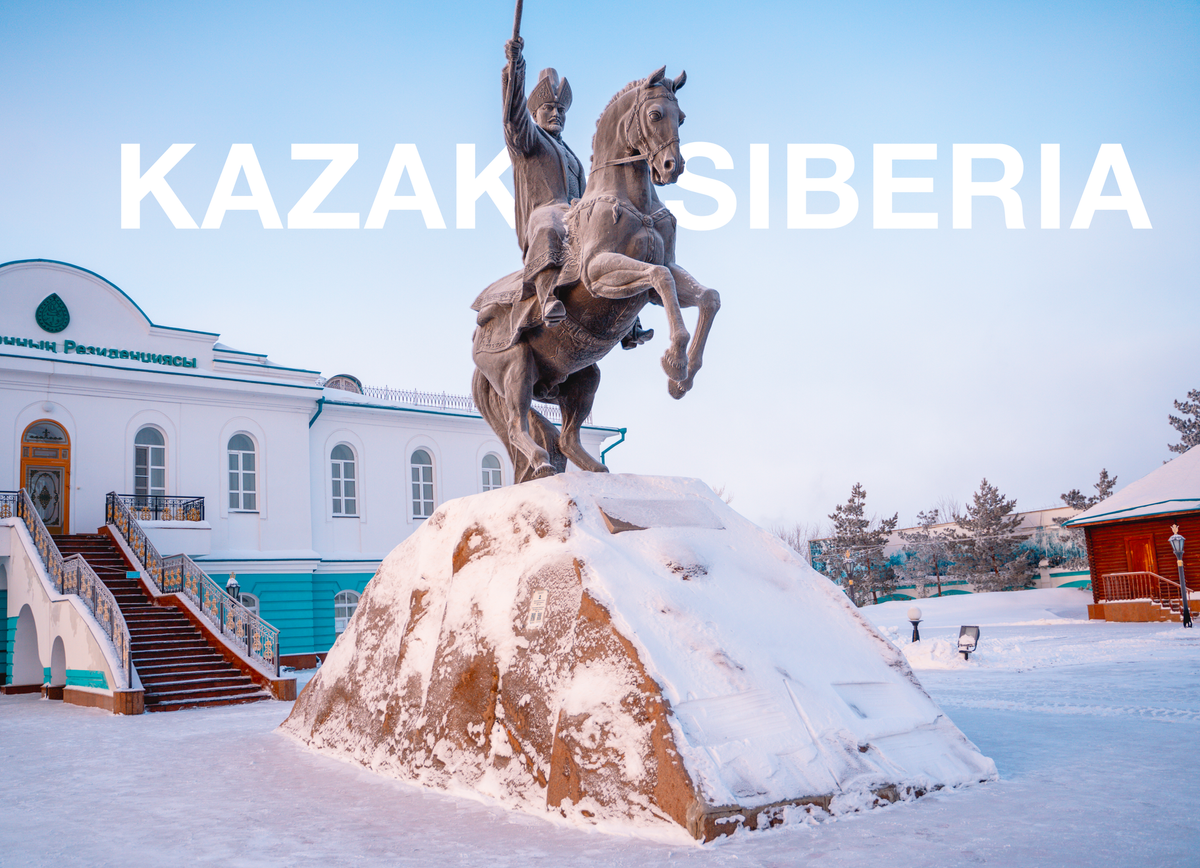
🏰❄️🏹 Unveiling the layers of Abilay Khan's calculated maneuvers in the harsh winter of Petropavl: A comprehensive journey through strategic decisions and their lasting impact on Central Asian history. 🗺️🔍
Embarking on a journey through the unforgiving Siberian winter, I delve into the historical enclave of Abilay Khan's residence in Petropavl. This strategic move, made during a tumultuous period in the Kazakh Khanate's history, reveals a narrative of resilience and defiance against external powers.
The Tactical Choice of Petropavl as Abilay Khan's Residence
Why did Abilay Khan, the last independent Khan, choose to establish his residence in Petropavl, a former Russian imperial fort, during the peak of Catherine the Great's reign? Unraveling the motivations behind this decision sheds light on the strategic considerations that shaped the geopolitical landscape of Central Asia in the 18th century.
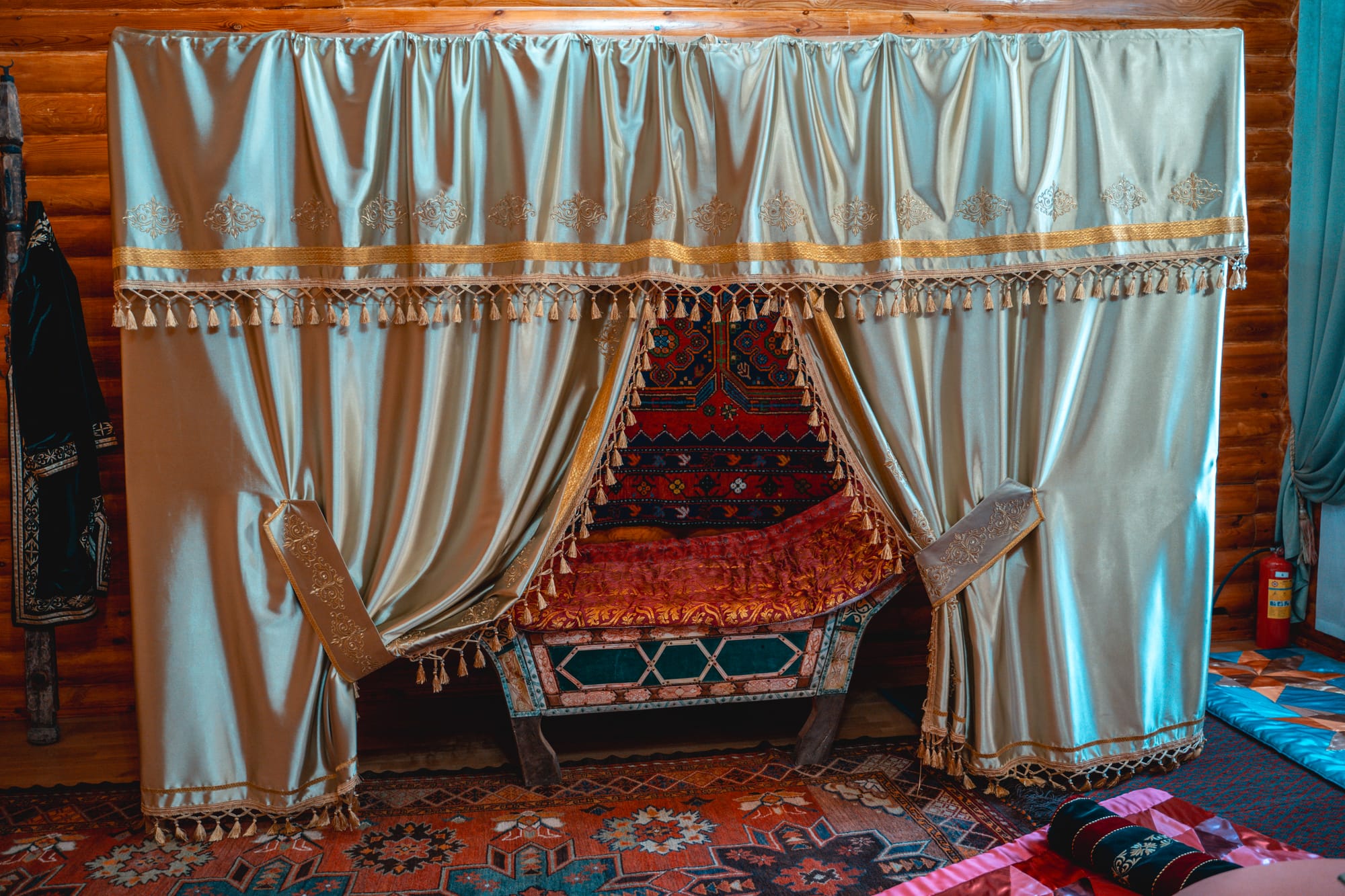
The Dzungar Onslaught: Catalyst for Abilay Khan's Rise 🏹
Delving into the historical backdrop, the Dzungars, nomadic tribes spanning from the West of the Great Wall of China to Eastern Kazakhstan, launched a devastating invasion in 1723. This incursion, known as the "Year of the Great Disaster," left the Kazakh Khanate, particularly the Middle Jüz, in ruins. Abilay Khan not only repelled the invaders but also marked the end of independent Khans in the region.
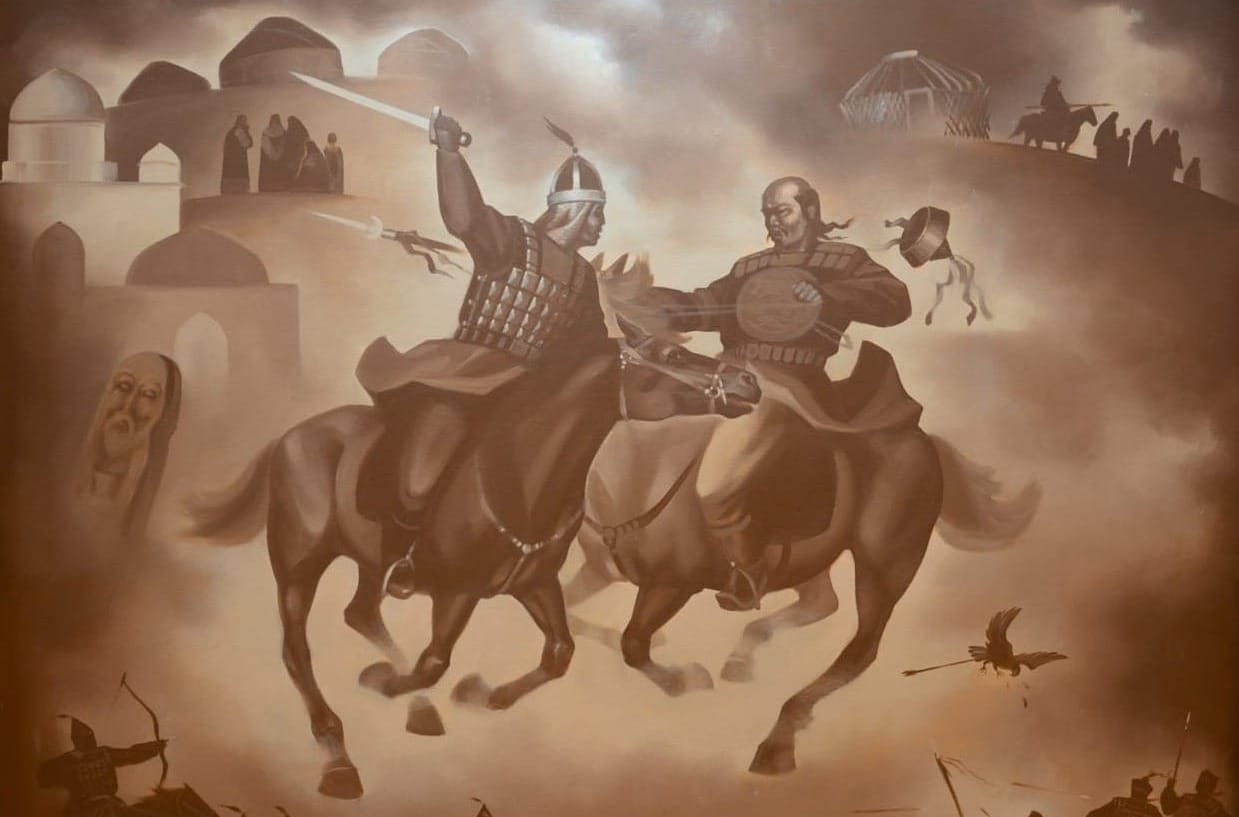
Abilay Khan's Stoic Resistance to Imperial Inducements 💎
Amidst Catherine the Great's lavish gifts and promises, Abilay Khan's rejection speaks to his commitment to a modest life governed by Islamic principles and the unity of his tribes. He remained the last independent Khan of the Kazakh Khanate, refusing suzerainty or vassalage to the expanding Russian Empire. This defiance against imperial allure reflects the leader's unwavering dedication to preserving the autonomy and cultural identity of his people.
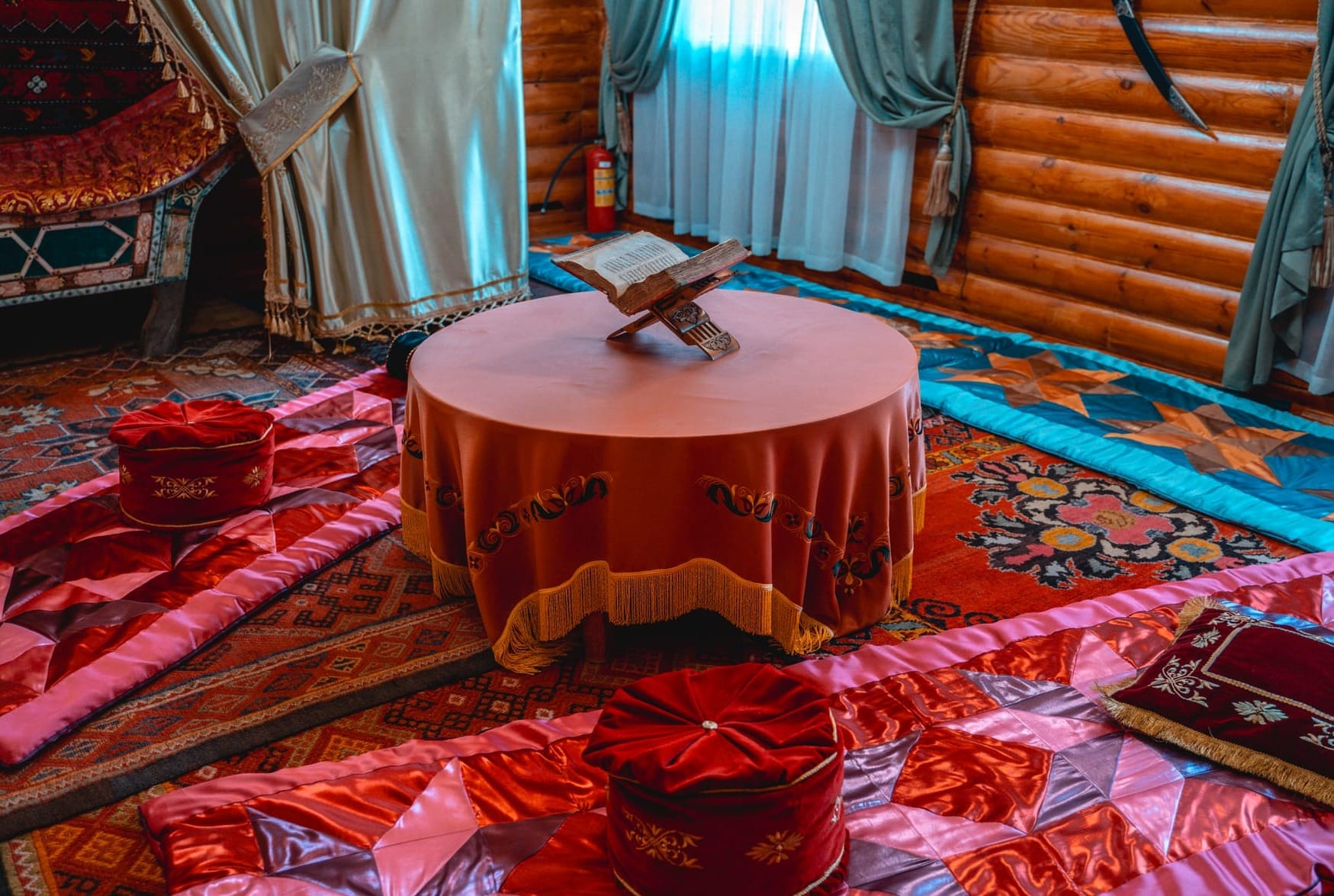
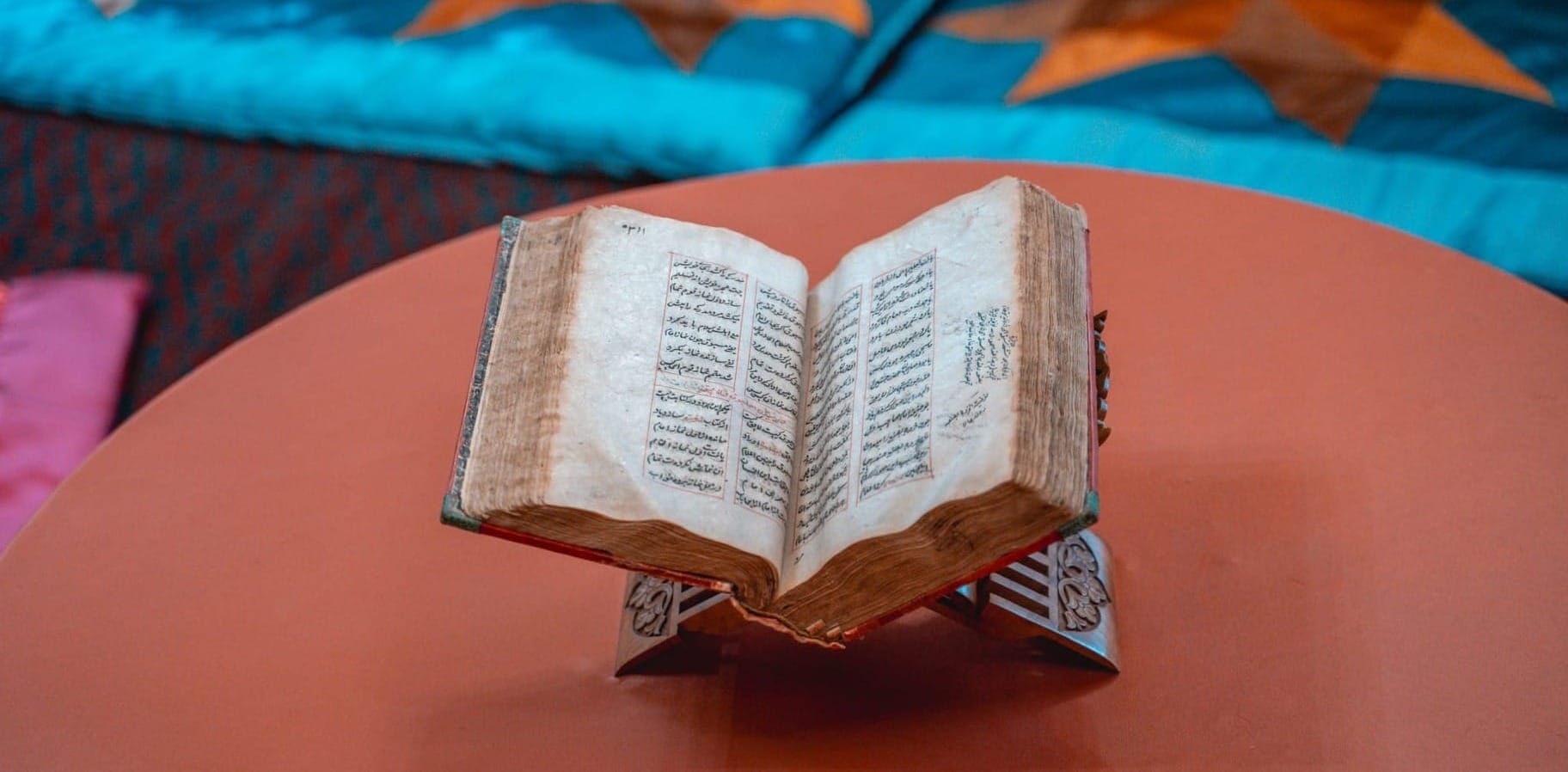
Abilay Khan's Diplomatic Defiance: Refusing the Russian Imperial Title 👑
In a historical twist, the Russian Empress sought the recognition and official approval of the title of Khan from Abilay Khan. In 1779, an official letter was dispatched to Qyzyljar, where Abilay Khan was expected to receive the title. However, he never appeared at the fort, prompting a Russian officer to be sent to confer the title in his camp.
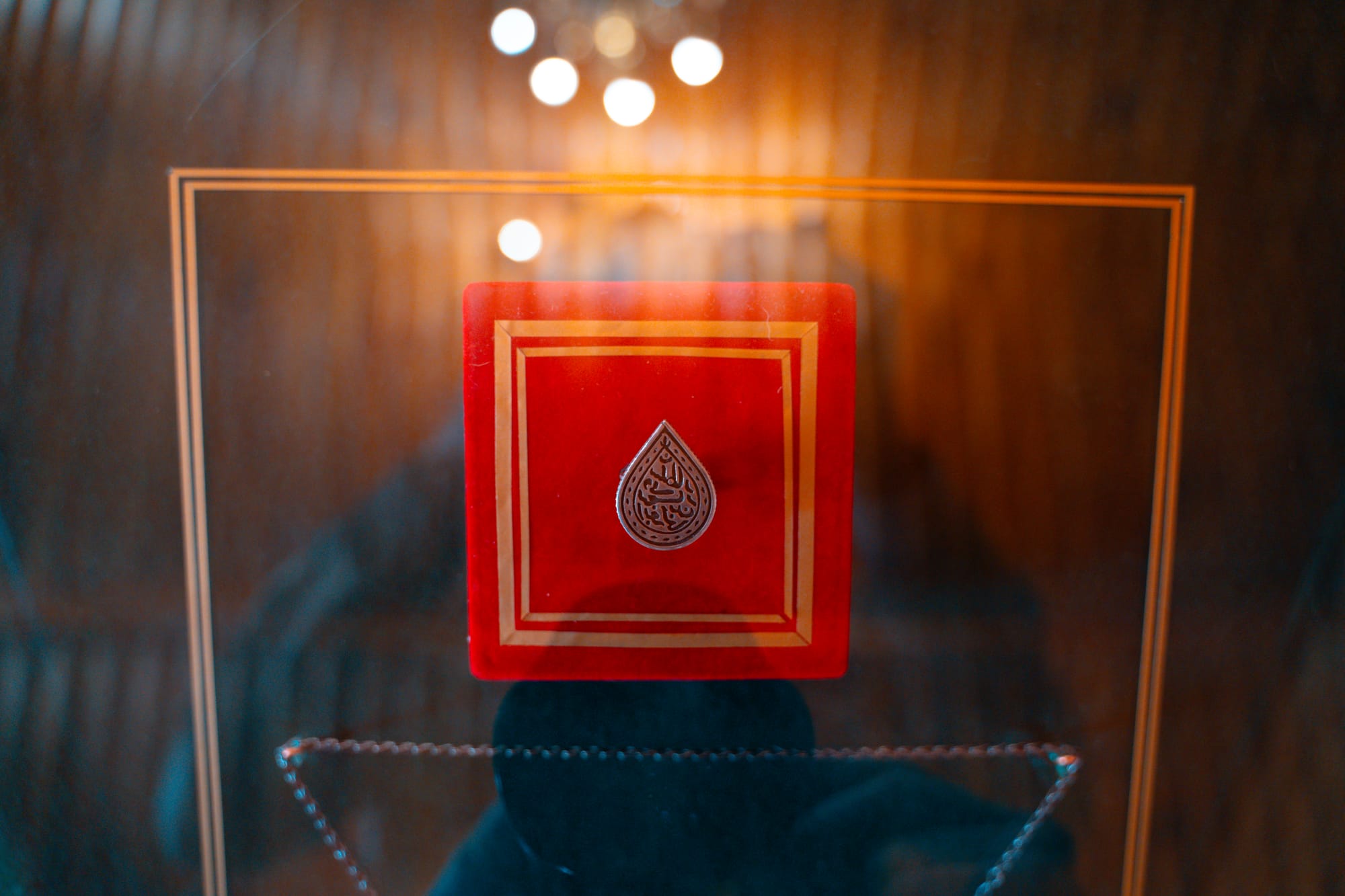
Abilay Khan, in contrast to other leaders vying for imperial favor, steadfastly refused to bow down to the expanding Russian Empire. Instead, he chose to fortify the Kazakhs by promoting Islam and advocating for resistance against foreign powers. His reluctance to swear allegiance may have been influenced by concerns about insulting the Chinese. Despite the diplomatic intricacies, Abilay Khan remained resolute in preserving the autonomy and cultural identity of the Kazakh Khanate.
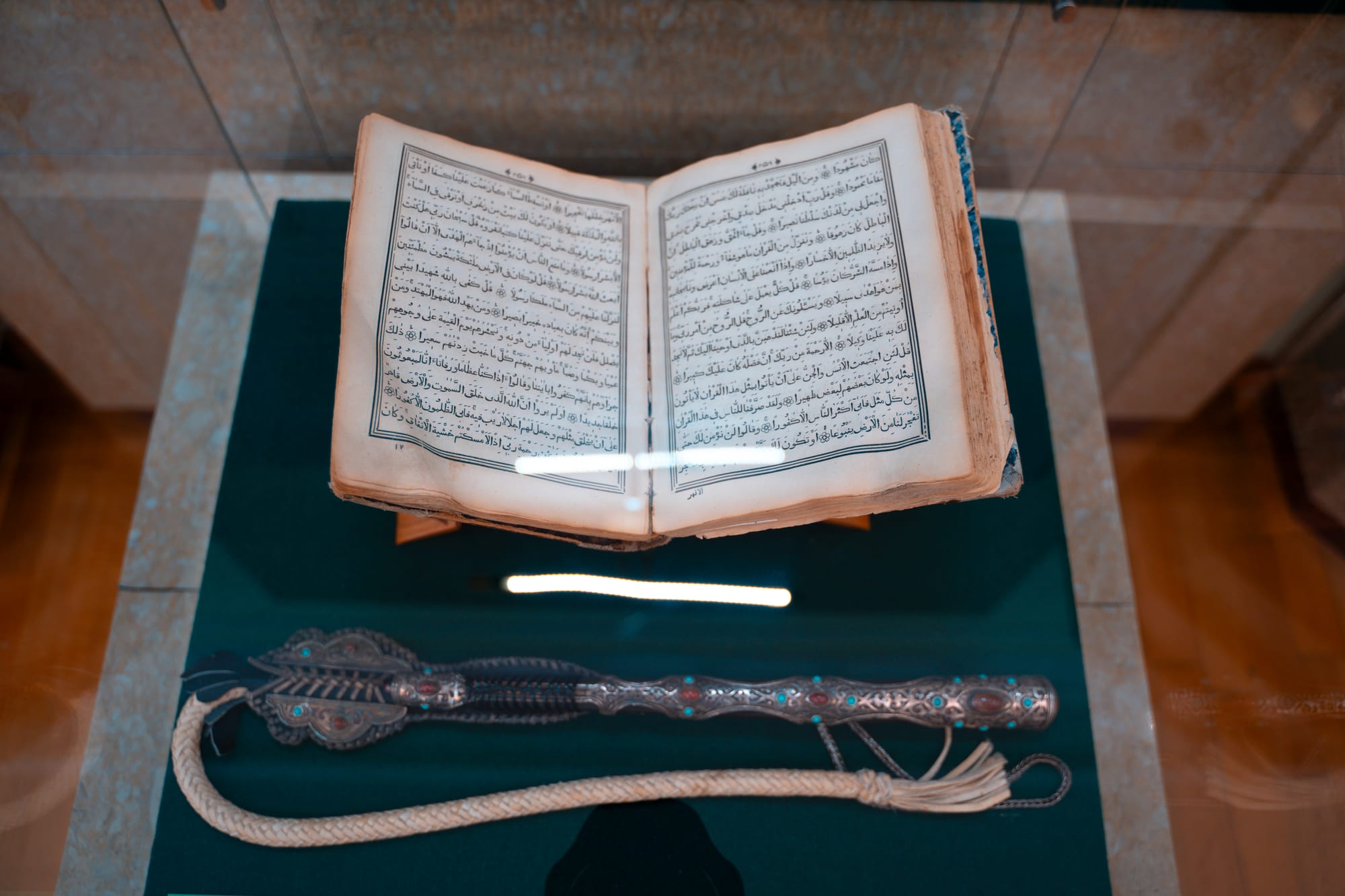
You Want to Hear Some Drama? 🗣 Then Let's Talk About the Last Kazakh Khan, and his Missing Head.
His name was Kenessary Khan, and he was executed in 1847, before the Russian conquest. And I can tell you that there are a lot of legends and heated debates about him (especially his head) until today at the highest political spheres between the countries of Kazakhstan 🇰🇿 and Russia 🇷🇺.

His head never returned to Kazakhstan 🇰🇿, which became a symbol, linked to an eerie prophecy: a Russian clairvoyant says that if his head comes back to Kazakhstan, something bad will happen, etc. However, the personal Quran of Kenessary Khan returned to Kazakhstan in 2019.
During a meeting between Russia's president and Kazakhstan's former leader, Nursultan Nazarbayev, the usual discussions on security and trade took place. However, an unexpected request surfaced when Nazarbayev asked Vladimir Putin for assistance in the return of the severed head of a 19th-century Kazakh liberation fighter, Kenesary Kasymov. The challenge lies in the uncertainty surrounding the current whereabouts of Kasymov's head. The news of Nazarbayev's plea has ignited enthusiasm among patriotic Kazakhs.
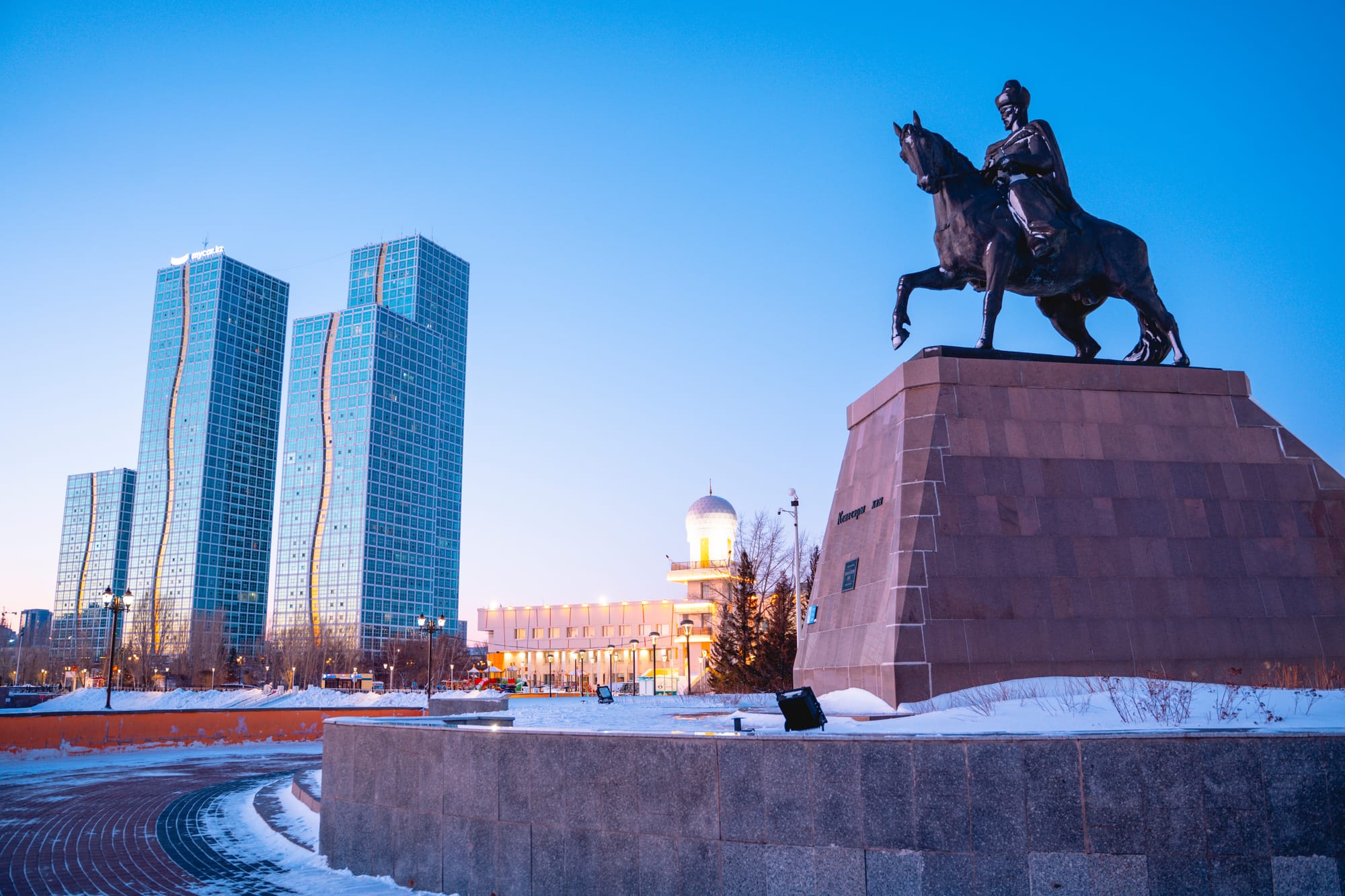
According to most reports, there is a widespread belief that the decapitated head of Kenesary Khan might be situated within the old imperial capital of St. Petersburg. Potential locations include the Museum of Anthropology and Ethnography, commonly known as the Kunstkamera, or the State Hermitage Museum. However, both institutions adamantly deny ever possessing any items associated with Kenesary.
An alternative theory proposes that Kenesary's head found its way to a local history museum in Omsk, a central Russian city located just north of the Kazakh border. Similar to the St. Petersburg museums, this local museum has also previously refuted claims of having the severed head in its possession.
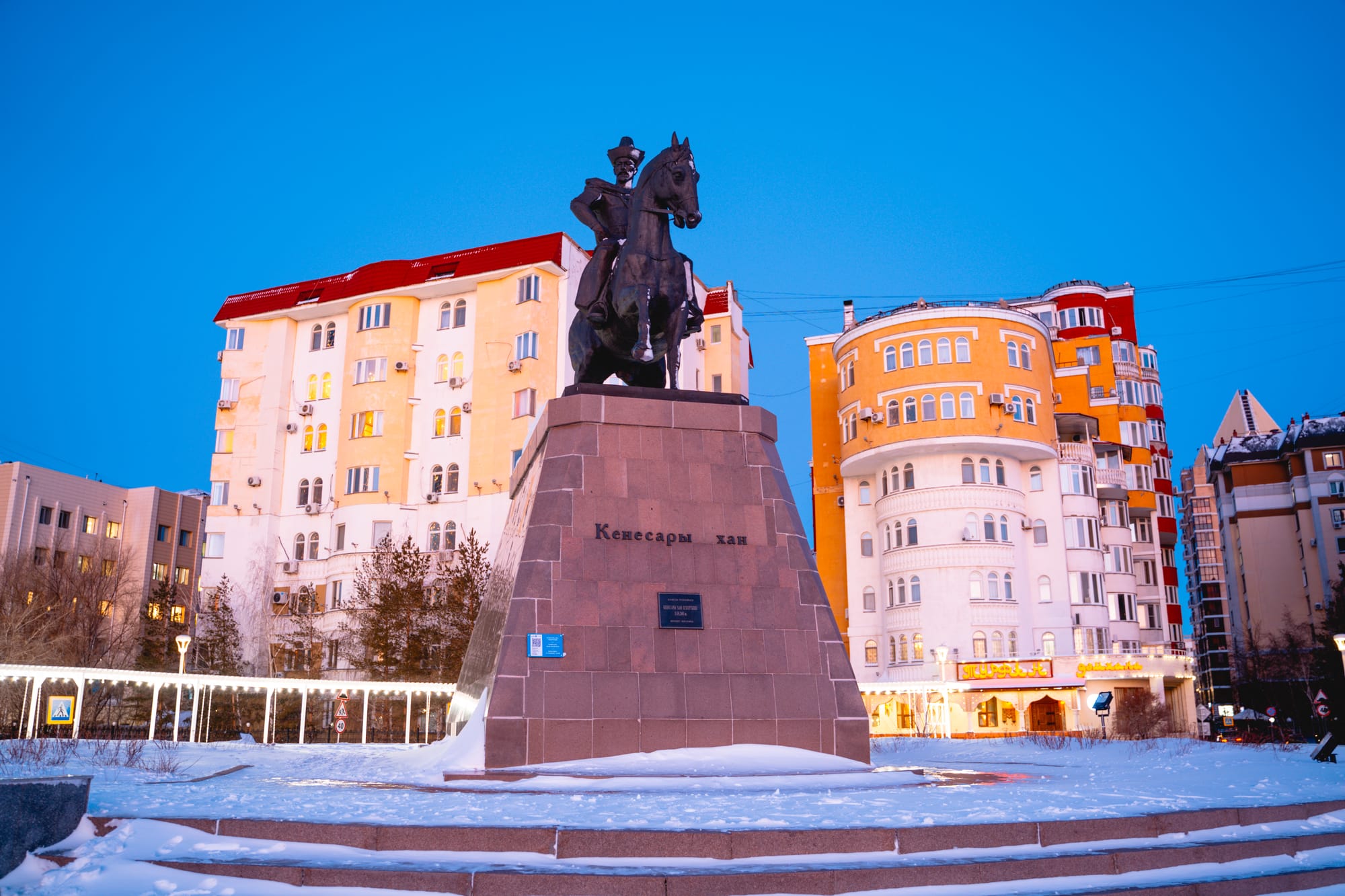
Ualikhan Kaisarov, former senator and head of the Kenesary Khan Foundation, strongly believes that the doomed Kazakh khan's head is concealed within the Diamond Fund—a collection of valuables housed in the Kremlin Armory.
You got the point, nobody knows where it is...or, maybe someone knows exactly where it is, but prefer to stay silent 🤐.
Reflecting on Abilay Khan's Historical Choices.
Why did Abilay Khan moved his residence to Петропавловске (Petropavlovsk), a city built as a military fort in 1752, literally located at the borders with the historical russian empire? Why make a move as close as possible to his northern neighbors?
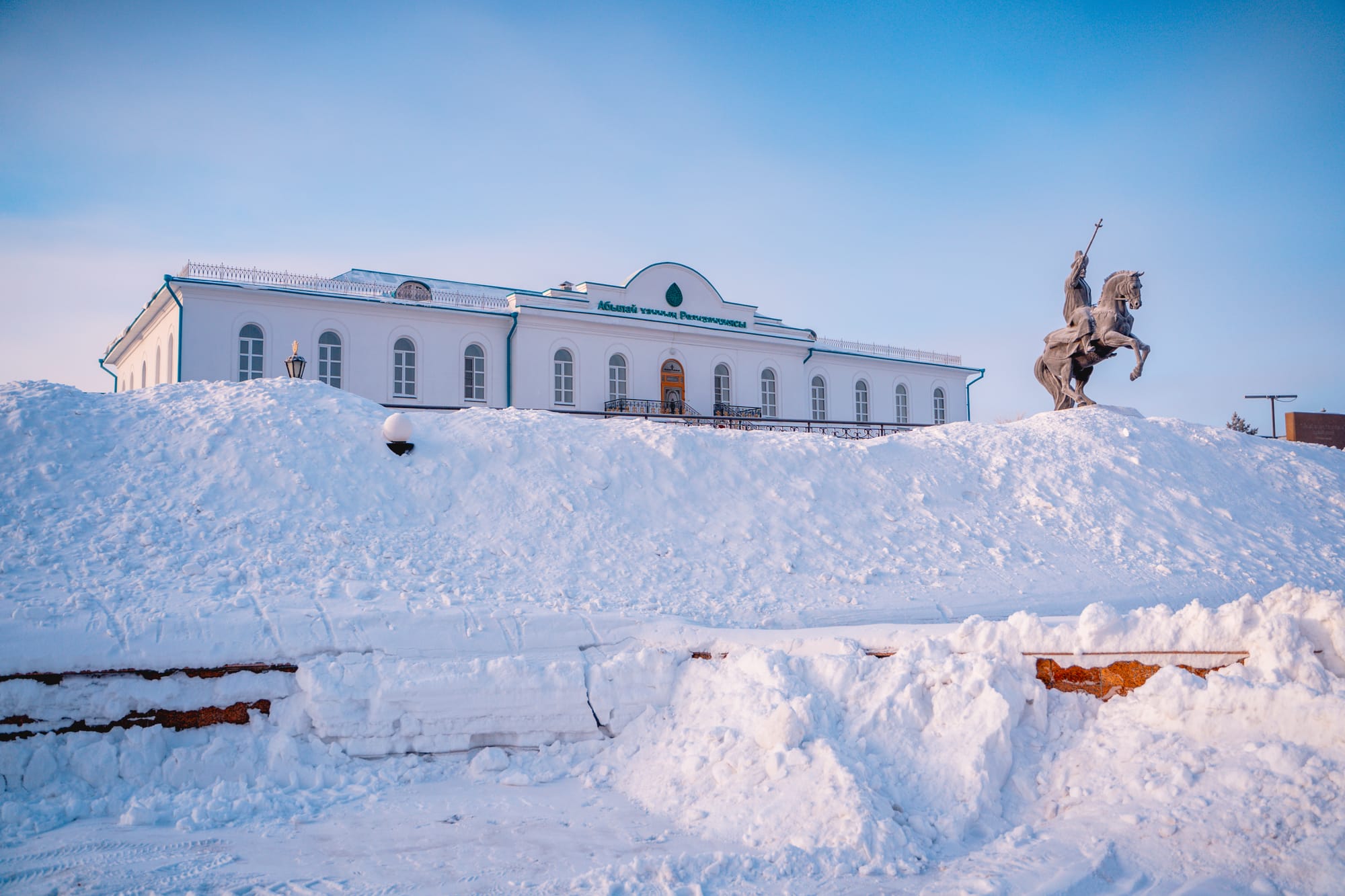
But then why did the country of Kazakhstan 🇰🇿 move its capital from Almaty, deep in the south, to Astana, located deep in the north, and close to its northern neighbor?
Do you see similarities in the decision choices?
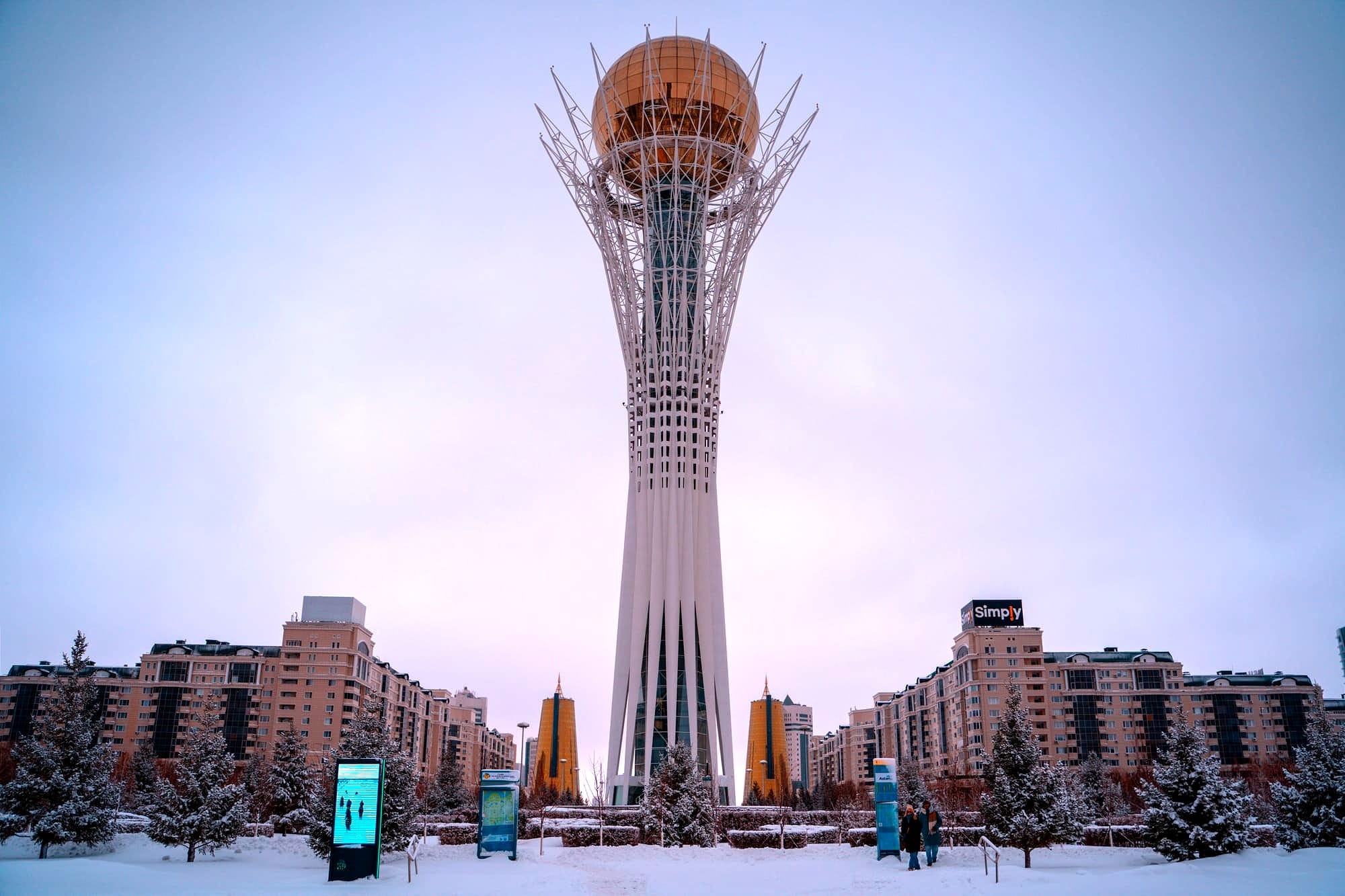
Examining Abilay Khan's winter abode in Petropavl raises questions about the enduring legacy of strategic decisions. How have historical choices shaped the destinies of nations in the centuries that followed?
Can the lessons from Abilay Khan's era provide insights into contemporary challenges faced by nations in the region?
Only time will tell...
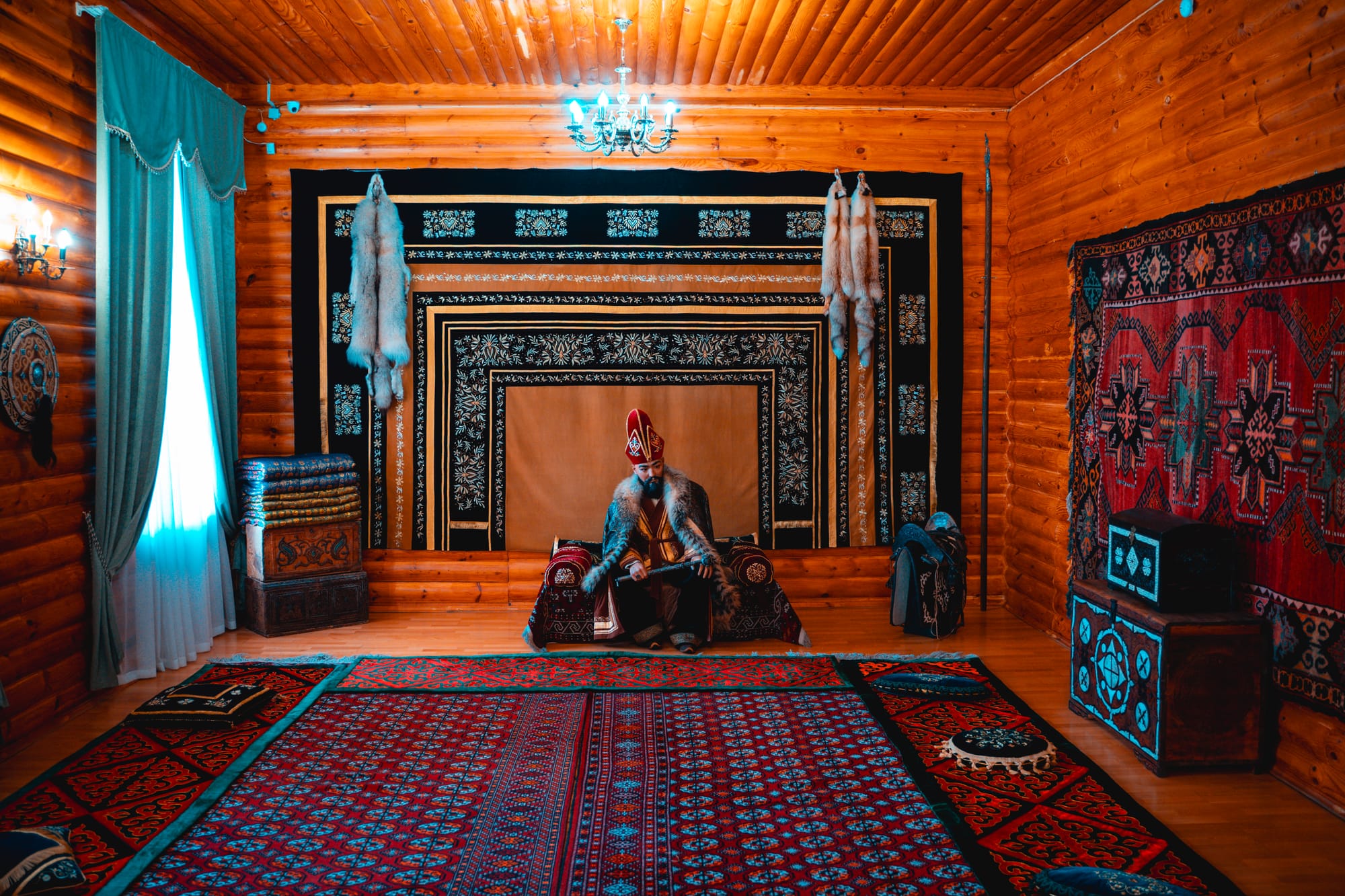
Keep an eye out for the upcoming installment, where we explore further into the rich history of this nation; a tapestry woven with diverse ethnicities, religions, and a complex past, right from the heart of Central Asia. 🌍✨
📍Петропавловске, Kazakhstan 🇰🇿 - "River Newsletter".